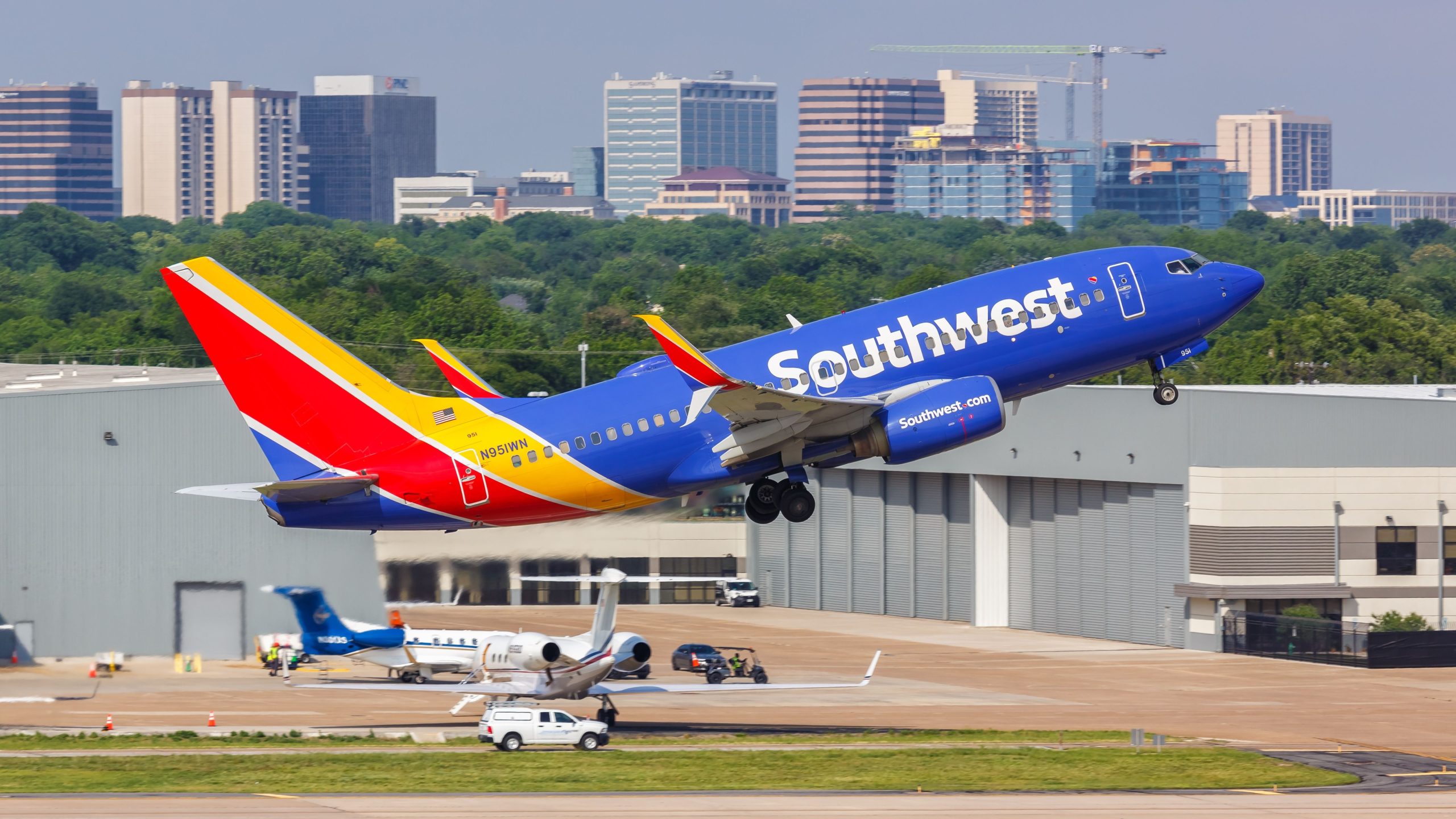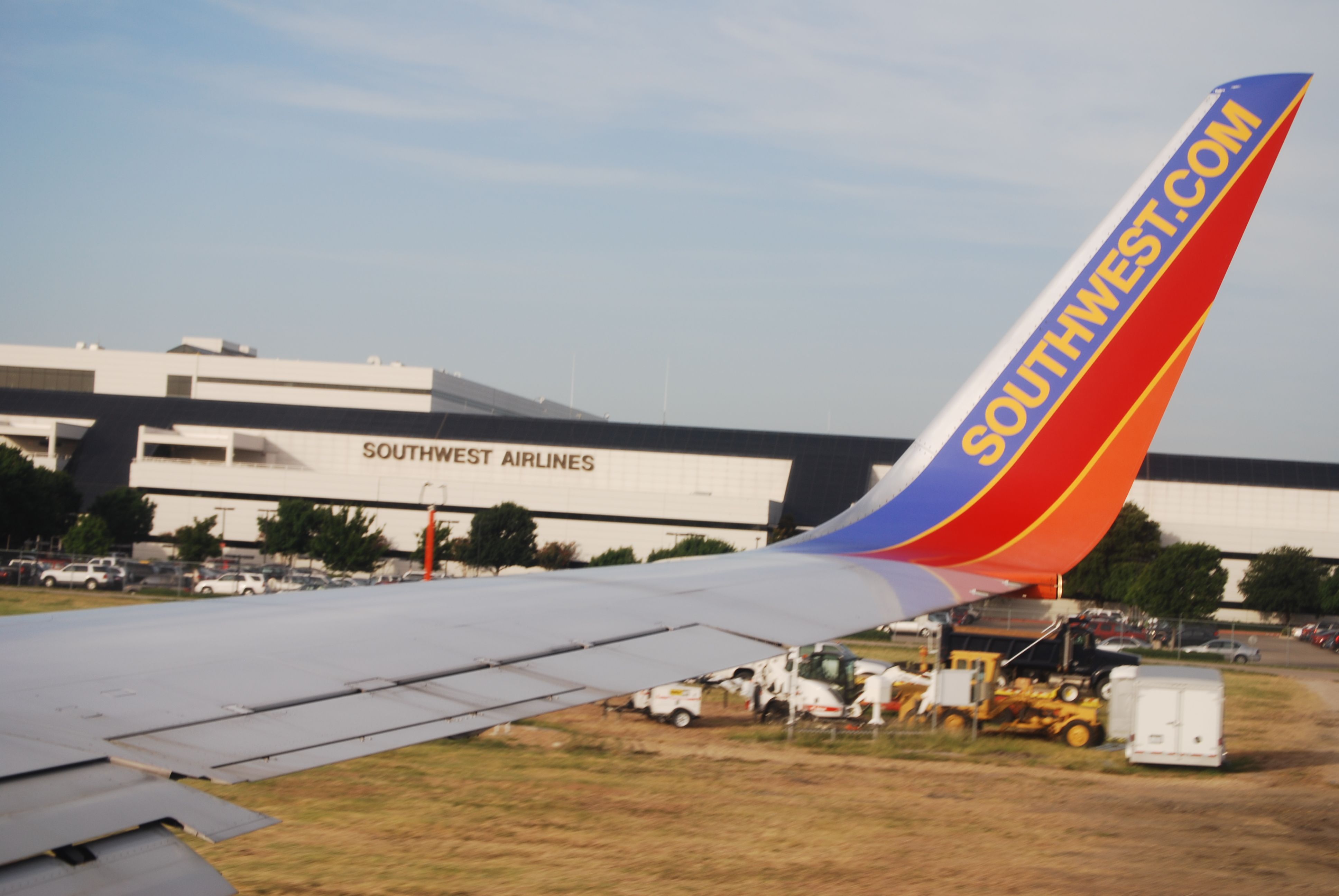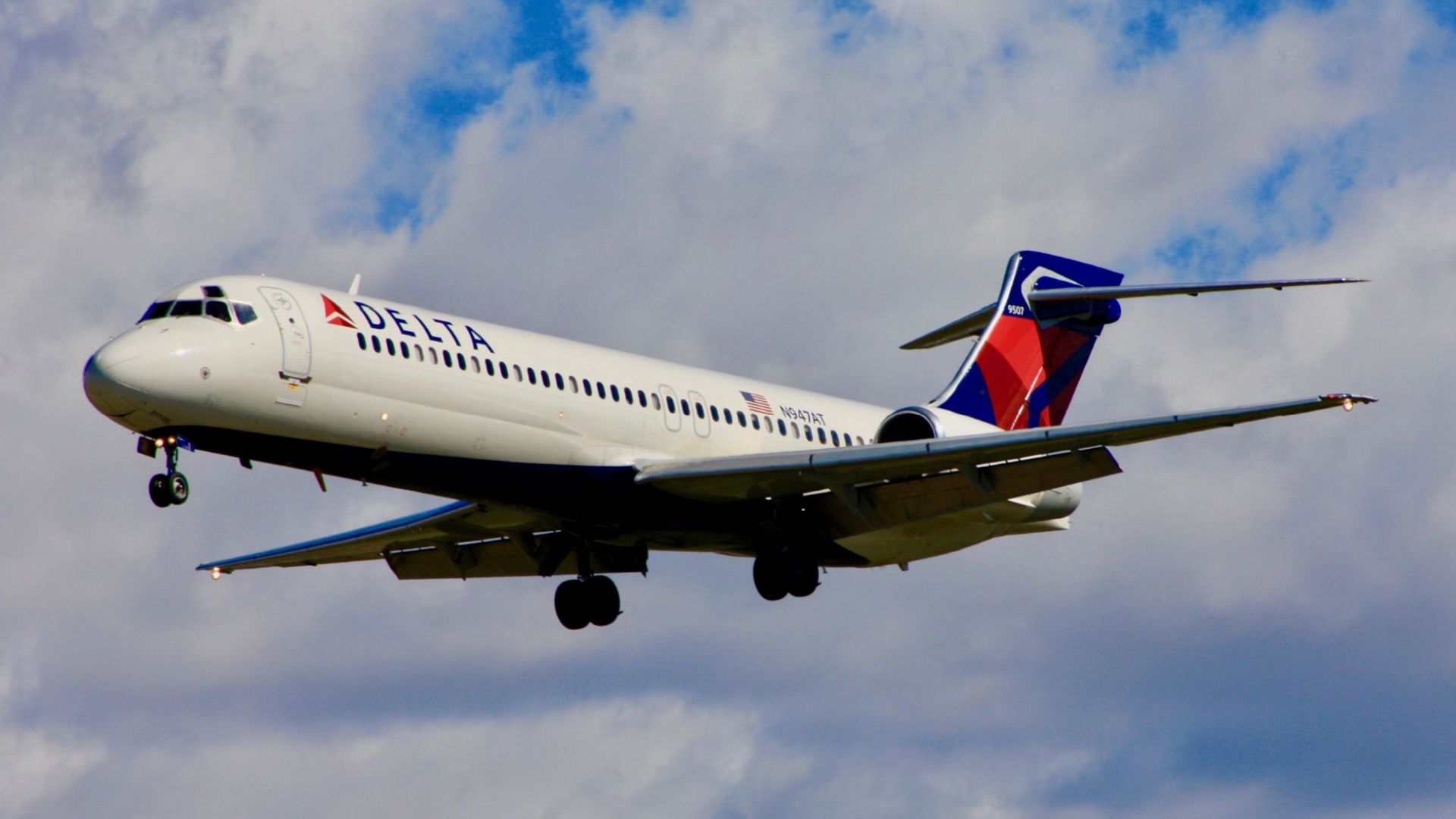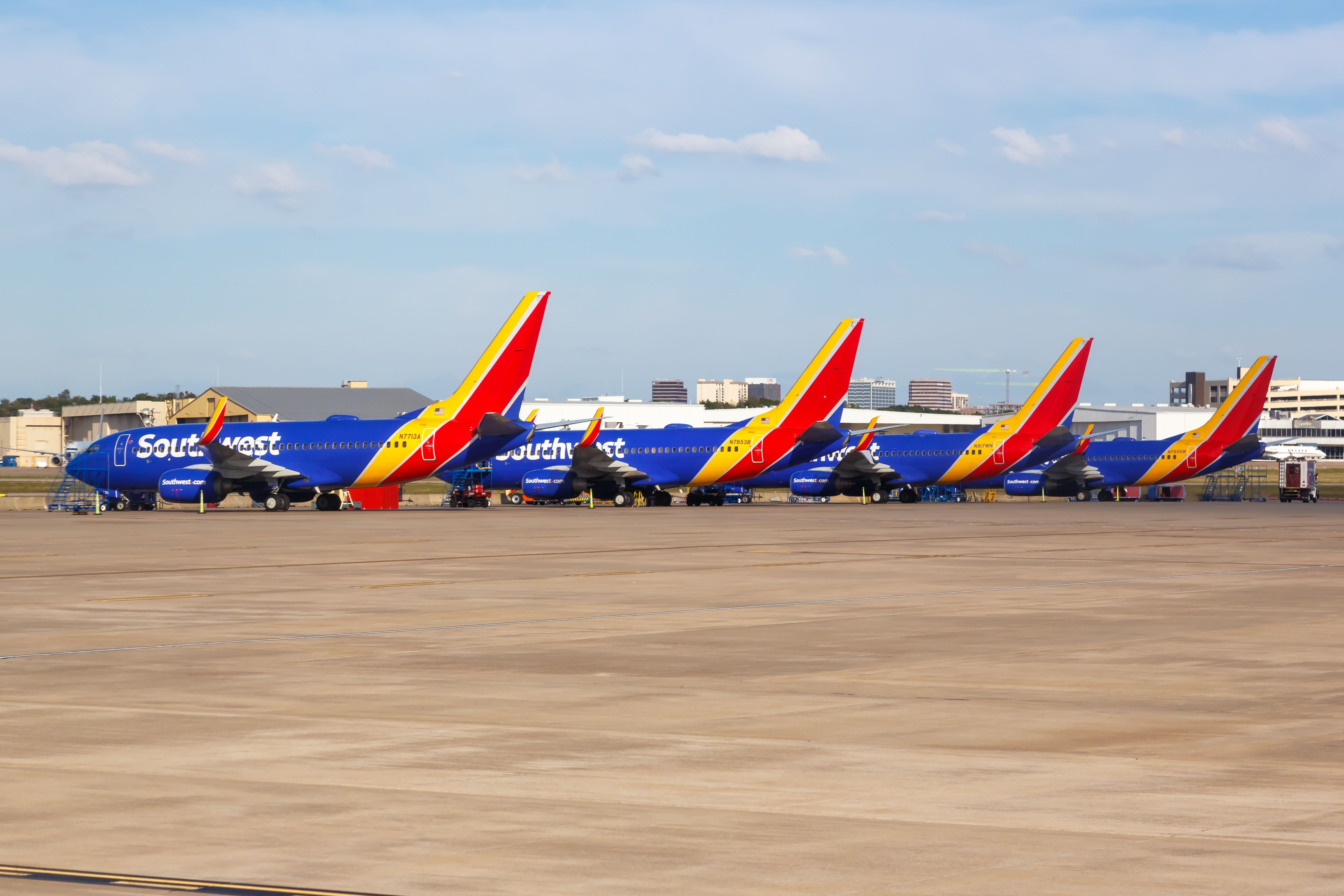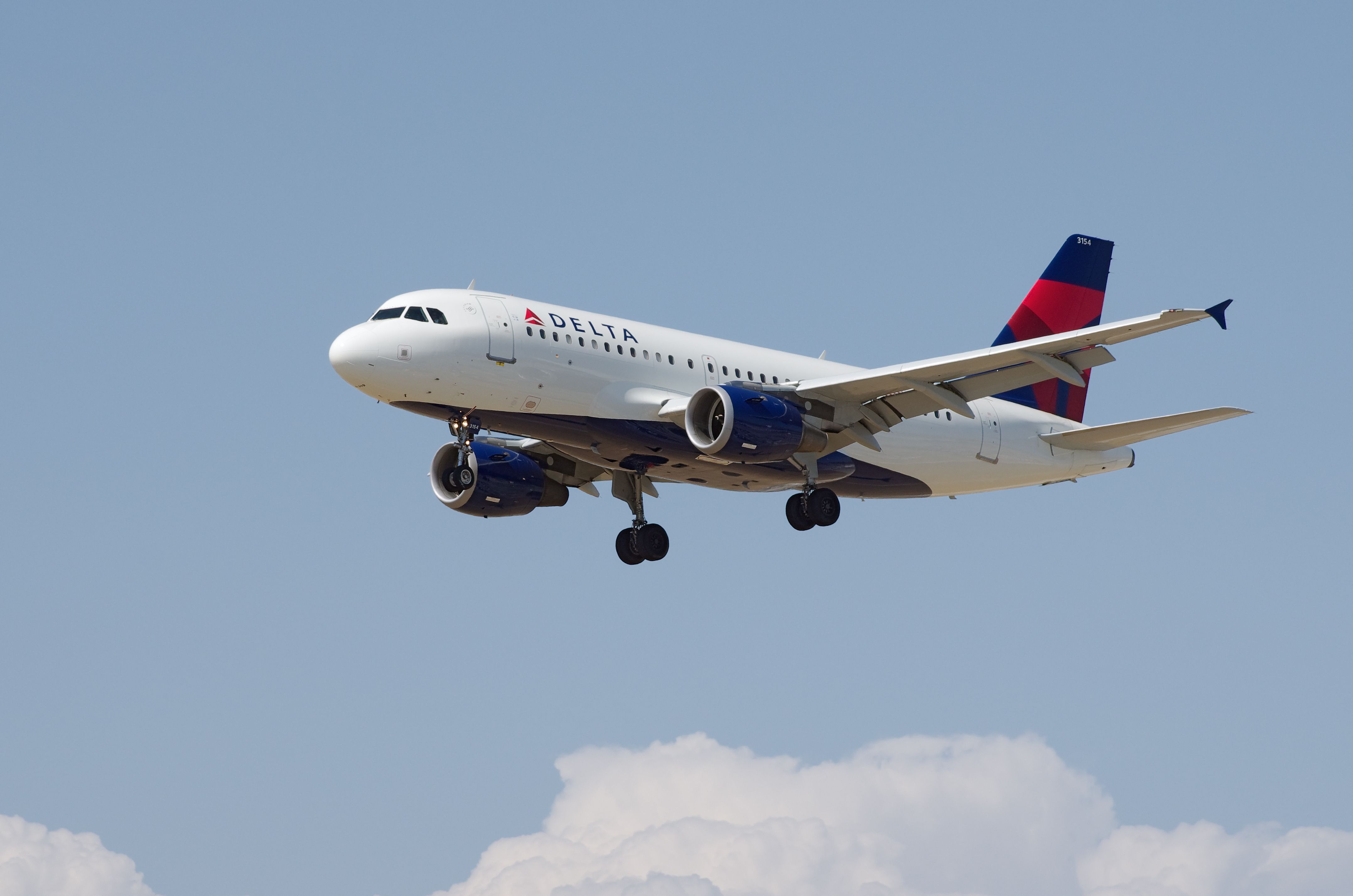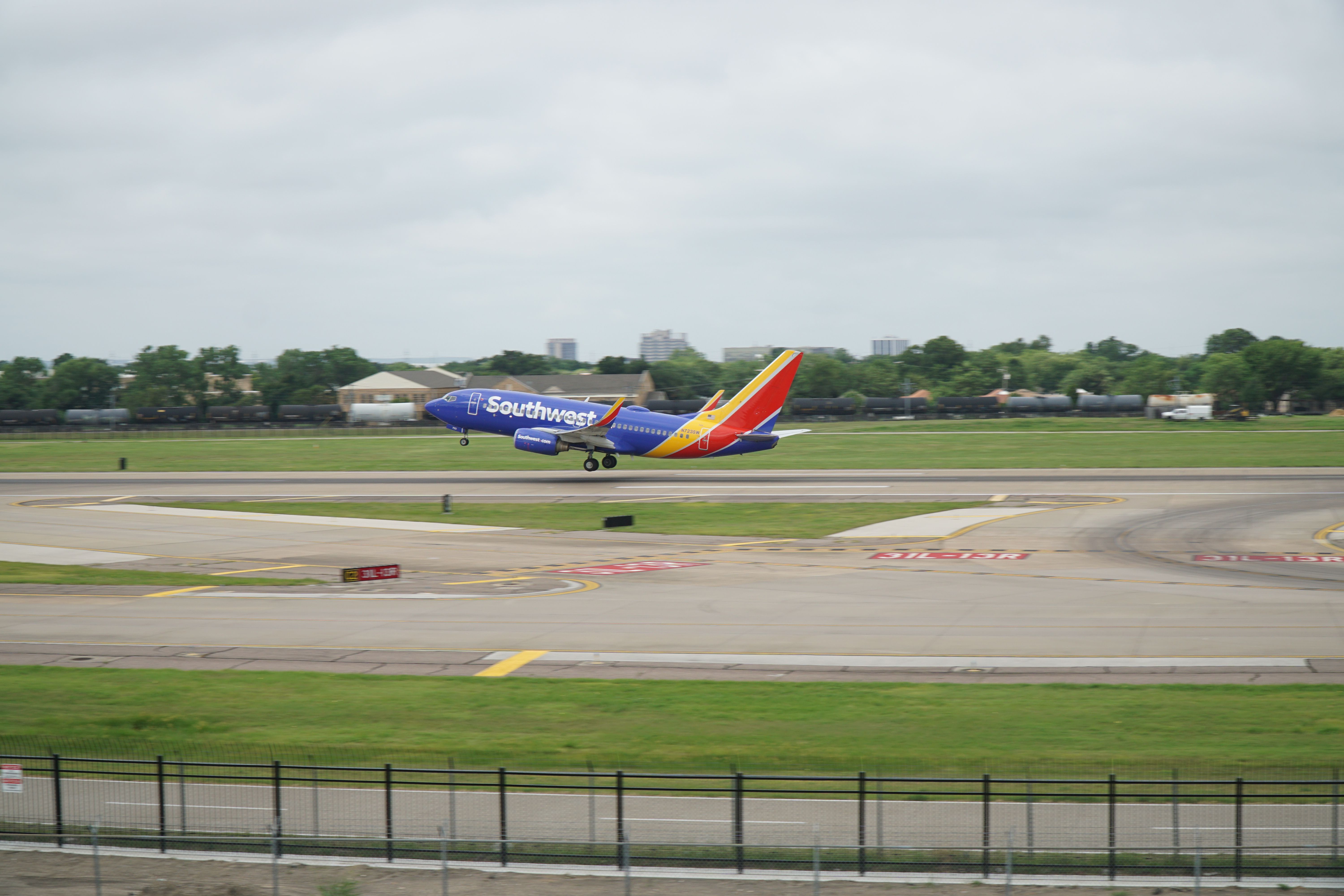They say that all is fair in love and war, but at Love Field airport, things got heated between two of the US’ most well-known airlines. The battle between Southwest and Delta for gates at Love Field raged on for several years, with Delta holding on dearly to its small position at the Southwest-dominated airport.
While a settlement was reached in 2022 that allowed Delta full access to an airport gate, this doesn’t necessarily mean the end of enmities between the two carriers. Let’s look back at the Love Field dispute and at the latest updates below.
From 70 gates to just 20
Back in 1973, Love Field boasted more than 70 gates and was the eighth-busiest airport in the US. However, the opening of Dallas Fort Worth (DFW) in January 1974 saw most passenger connections at Love Field discontinued.
Since then, the airport has had many of its concourses decommissioned and has been downgraded to the small airport we see today. Indeed, Fort Worth authorities were keen to ensure it didn’t compete with the new DFW airport, and as such, a compromise law was passed to restrict the flow of traffic, known as the Wright Amendment.
This law allowed Southwest Airlines and other airlines to continue operating out of Love Field, but only on routes within Texas and its four neighboring states. Airlines were not allowed to offer connecting flights or through ticketing outside of the five states either, although long-haul service was allowed only on aircraft carrying fewer than 56 passengers.
In 2006, a full repeal of the Wright Amendment was sought by American, Southwest, DFW airport and the cities of Dallas and Fort Worth. This came with some caveats, however, such as limiting the gate numbers to just 20, and allowing Southwest control over 16 of them. The cap on routes and plane size was subsequently entirely lifted in 2014.
How Delta got involved
For several years, Delta Air Lines operated flights from Love Field to Atlanta by subleasing American Airways gates. When American Airlines was looking to get its merger with US Airways approved by the DOJ, they were forced to give up their slots at Love Field.
Photo: Austin Deppe | Shutterstock
As Delta failed to buy the slots, they were told they would have to stop flying from Love Field. Delta was not at all happy about this and threatened to sue the city of Dallas. As a temporary resolution, Southwest agreed to let them use some of their gate space until January 2015.
When this agreement ended, Delta still didn’t want to ship out. United, who had sold their gates to Southwest, agreed to give Delta gate space until July that year. With Delta still unwilling to pack up shop in Love Field, the City of Dallas brought a lawsuit in federal court to finally resolve their claims.
The upshot of this was that, perhaps surprisingly, Delta won. They argued that competition policies and federal aviation law were on their side, and in January 2016, won a temporary injunction to continue providing service at Love Field using Southwest’s gate rights.
Photo: Markus Mainka / Shutterstock
In 2019, Southwest Airlines CEO Gary Kelly made public his dislike for Delta operating out of Dallas Love Field airport, branding the airline a ‘squatter’. Kelly claimed the Atlanta-based airline should have left the airport years ago but has remained because they think it’s in the interest of Dallas residents. As reported by Bizjournals, Speaking at a North Dallas Chamber of Commerce event, Kelly said:
“It’s like you having rented a house, and there’s a squatter in the house and you’ve got to get them out… It’s really no more complicated than that.”
Delta gains full gate control
A breakthrough in the dispute was reached in June 2022 following a settlement with Dallas City Council. Delta was granted full access to one gate at the airport through September 2028. It wasn’t one of Southwest’s gates, however – Delta took on one of two Alaska Airlines gates (Gate 11), with the latter receiving $200,000 a year for the next six years in leasing fees.
Photo: Angel DiBilio | Shutterstock
Then, in February 2023, Delta announced an expansion to its services at Dallas Love Field, declaring its intention to “serve more passengers in Dallas and North Texas for years to come.” The carrier would add two new routes – to Los Angeles and La Guardia (both double-dailies) – and bolster frequencies on its existing service to Atlanta.
However, less than two months later, Delta scrapped its upcoming route to La Guardia, stating this was “due to a slower rebound in travel demand between these two markets.” While it claimed the route was only being delayed, the airline has yet to announce a new launch date.
Photo: Harry Thomas Flower | Shutterstock
Today, Southwest retains control of 17 of the airport’s 20 gates and remains its dominant carrier, serving around 95% of its capacity.
What are your thoughts on the Dallas Love Field Airport dispute between Southwest Airlines and Delta Air Lines? Do you think the settlement reached in 2022 was fair? Let us know in the comments.
Source: Bizjournals

